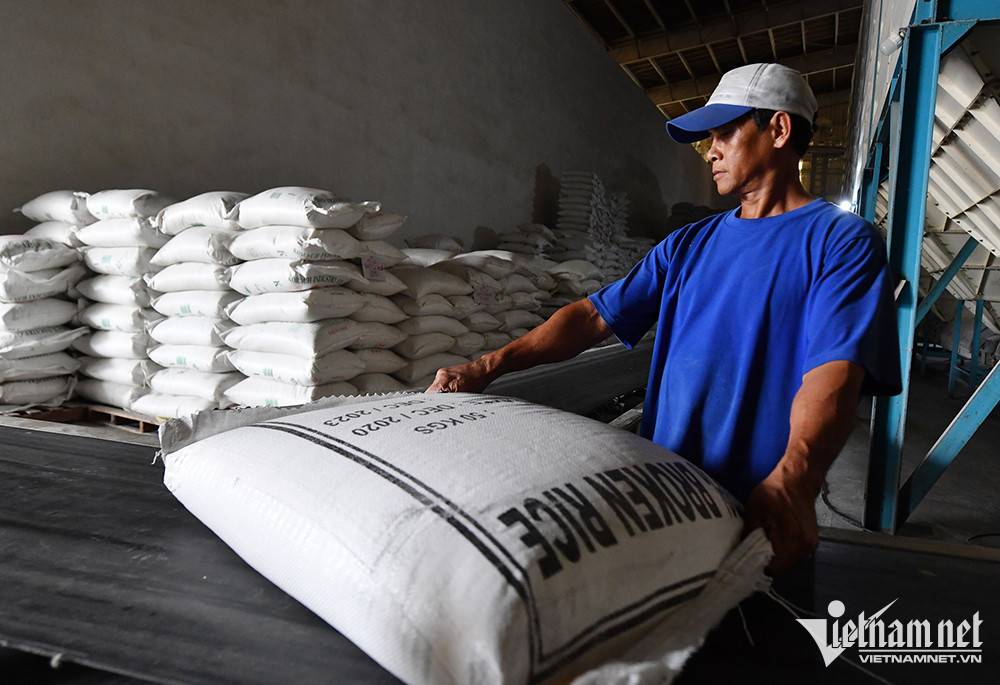
In the first four months of the year, Vietnam’s rice exports reached 3.17 million tons, worth $2.04 billion. The export volume increased by 9.5 percent only compared with the same period last year, but value increased by 33.6 percent.
The average export price in the first four months of the year was $644 per ton, up 22.2 percent.
Despite the high prices, the Philippines, a loyal client, has decided to buy a large amount of Vietnam’s rice.
The Southeast Asian client in April spent $286.8 million to import 478,700 tons of rice, up 21 percent in quantity and 45 percent in value compared with April 2023.
The country imported 1.49 million tons of rice from Vietnam in the first four months, valued at $935.6 million, up by 15.5 percent in volume and 44.5 percent in value. As such, the Philippines consumed 47 percent of Vietnam’s exports in the first four months 2024.
Since 2019, Vietnam has surpassed Thailand to become an important supplier and the biggest exporter to the Philippines. The country is also Vietnam’s largest client.
The US Department of Agriculture, in its monthly report about global cereal supply, says that the Philippines’ imports will be even higher in the next year because of increased demand.
Its import volume is predicted to reach record high thanks to population growth and tourism development. Meanwhile, its domestic rice output in the first three months of the year decreased.
USDA believes that the Philippines would be the biggest rice importer and the import volume may reach 4.1 million tons, or 5.1 percent higher than the 3.9 million tons last year.
Phung Van Thanh, Vietnamese Trade Cousellor to the Phillipines said Vietnam has great potential and opportunities to export rice to the market. Vietnamese rice exporters have a long-term partnership with Filipino rice importers.
The other advantage Vietnam has is that its rice products have reasonable quality to satisfy demand of Filipino consumers, from middle income earners to wealthy people. Also, Vietnam’s rice is stable in supply and prices.
However, analysts have warned that the Philippines’ new policy, predicted to receive approval in late May, may affect Vietnam’s exports to the market.
Sources said the Filipino NFA (National Food Authority) will restore its role of market regulation. The agency will be provided money and authority to buy domestic rice and import rice directly if necessary to ensure stable supply.
The new policy, if approved, will strengthen the role of the state management agency and weaken the role of private enterprises.
Tam An